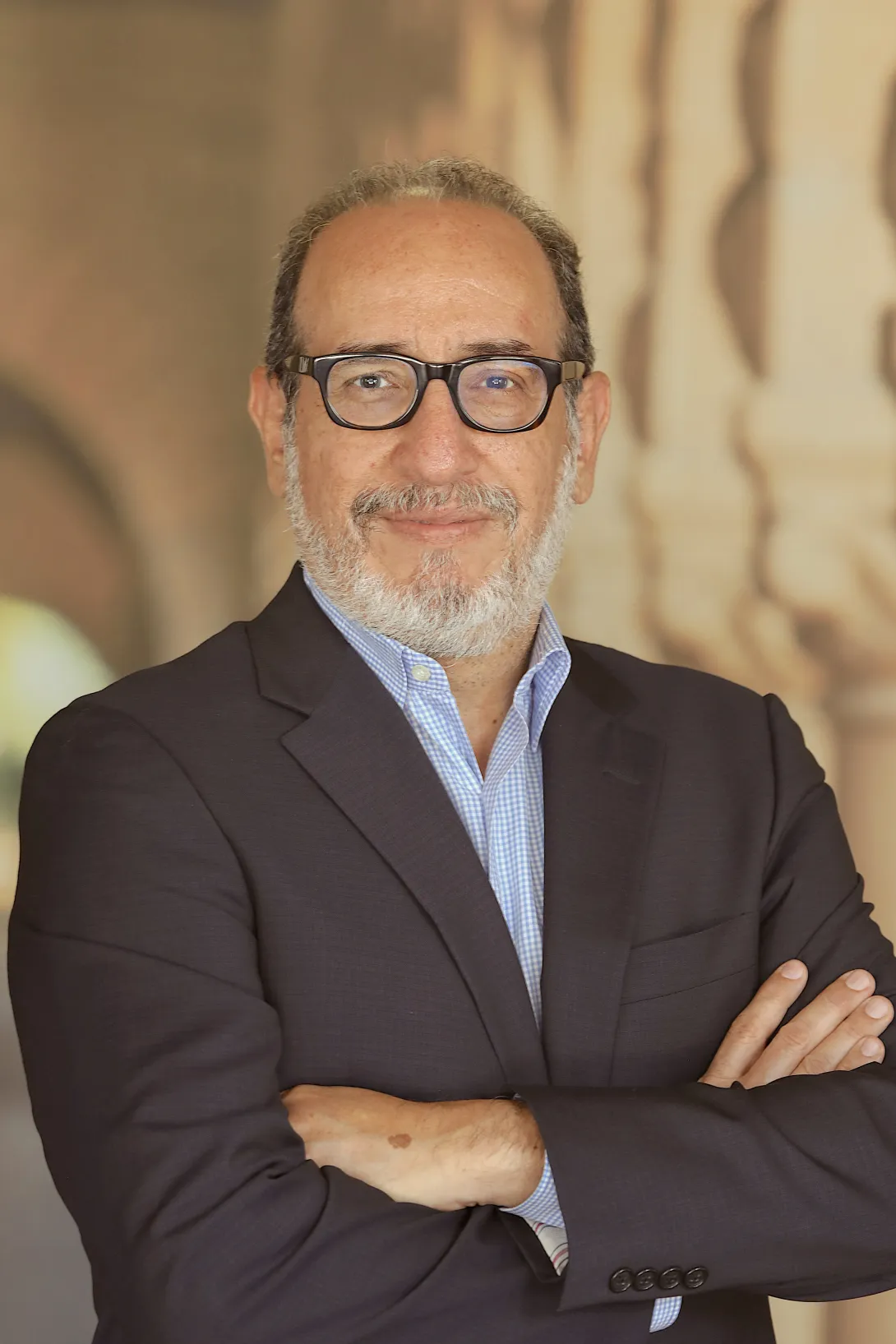
Racial disparities in special education have persisted for decades, though recent scholarship questions the existence of this problem and ignores the historical and structural weight of race. This recent work privileges a deficit view that suggests more African American and Latinx students must be placed in special education. Dr. Artiles will share an overview of his research program that defies oversimplifications in the study of disability-race intersections. He will ground his scholarship in the notion of the dual nature of disability as an object of protection and a tool of stratification. This duality can produce justice paradoxes in which an equity remedy (special education) can create new inequities (e.g., racial segregation, reduced educational opportunities). He will also outline interdisciplinary guidelines for future research and share findings from a recent study that document the historical and contextual complexities of disability-race intersections.
Dr. Artiles is the Lee L. Jacks Professor of Education. His programmatic work engages the questions: How do educational equity remedies create new injustices? What are effective ways to reduce these paradoxes? His scholarship examines the dual nature of disability as an object of protection and a tool of stratification. More specifically, he aims to understand how responses to disability intersections with race, social class, and language advance or hinder educational opportunities for disparate groups of students.
